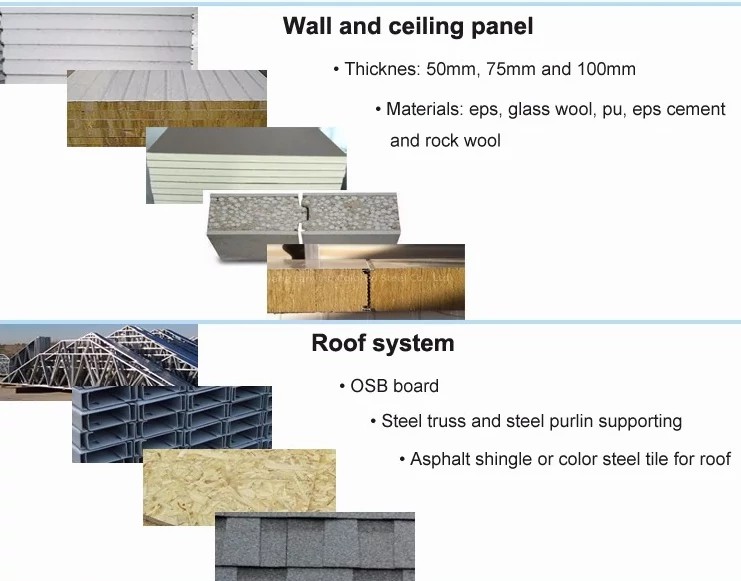The equality of nationals and state-owned enterprises and private enterprises is a precondition for marketization
Pre-installed Integrated House Pre-Installed Integrated House,Integrated House,Pre-Installed House,Pre-Installed Integrated House For Sale Shanxi KathayTech Co.,ltd. , https://www.jdsmachine.com
State-owned enterprises and private enterprises are like the right hand of the Chinese economy. The dialectical relationship between the two depends on the establishment of the institutional framework. Looking back on 2016 and Outlook 2017, building a starting line for the equalization of state-owned enterprises and private enterprises, and promoting further marketization of state-owned enterprises will undoubtedly help to reduce the struggle between the left and right hands and achieve "national advancement."
China is in a critical stage of crossing the middle-income trap, and the reform of state-owned enterprises that dominates China's economic lifeline is a key battle.
Looking back on 2016, despite the slowdown in economic growth, the reform faces many serious challenges, but the reform of state-owned enterprises has not stopped. Since the publication of the programmatic document on the reform of state-owned enterprises (the “Guiding Opinions on Deepening the Reform of State-Owned Enterprises†(hereinafter referred to as the “Guiding Opinionsâ€), the reform of state-owned enterprises has been comprehensively deepened. Since then, a number of documents related to the “Guidance Opinions†have been issued successively. The "Guidance Opinion" is a top-level design plan for SOE reform led by several documents, and the "1+N" policy system for state-owned enterprise reform is completed. In practice, the reorganization of 6 pairs of 12 central enterprises was completed. At present, the number of central enterprises has been adjusted to 102 households.
On the one hand, the reform of state-owned enterprises should optimize the structural layout of state-owned capital, and on the other hand, it must enhance the vitality and competitiveness of state-owned enterprises. The restructuring and integration of central enterprises and the reform of mixed ownership will play a more important role in the 2017 reform.
All of the above, the goals are directed to the concept set by the Third Plenary Session of the 18th Central Committee: state-owned enterprises must operate in the market-oriented track.
Building a starting line for the equalization of state-owned enterprises and private enterprises is a prerequisite for the marketization track. In this regard, there are still a large number of shortcomings.
In terms of private enterprises, looking back on 2016, the situation of private enterprises is difficult to be optimistic. A notable phenomenon is the sharp decline in private investment growth. Since 2016, the degree of differentiation between private fixed asset investment and fixed asset investment in the whole society has further intensified. From January to September, the fixed assets investment of the whole society was 42.69 trillion yuan, a year-on-year increase of 8.2%. Among them, private fixed assets investment was 26.19 trillion yuan, a year-on-year increase of only 2.5%. In addition, with the decline of the RMB exchange rate, some private entrepreneurs even transferred assets to overseas.
There are many reasons behind the low willingness of private enterprises to invest, one of which is that private investment is limited by industry access. China's market access policies for state-owned, private and foreign-funded economies are quite different. Banks, insurance, telecommunications and other industries have long been open to foreign investment, but domestic private investment has long faced strict restrictions. In addition, the power, water conservancy facilities, railways, ports, health, medical and other industries are areas where private investment has a lot to offer, but due to restrictions in the recipient system, private capital cannot enter. In addition, there are factors such as poor financing channels for private investment and poor government service environment. All of these constitute unfair competition and thus economic distortions.
On November 27, 2016, the official full text of the "Opinions of the CPC Central Committee and the State Council on Improving the Property Rights Protection System to Protect Property Rights According to Law" was officially published. This is the first time that China has introduced the top-level design of property rights protection in the name of the central government. This opinion is undoubtedly of great significance at the critical juncture of the mentality of private entrepreneurs and in the mid-term trap of the Chinese economy. However, only property rights protection is not enough, and it is necessary to build an institutional environment of equal competition. It is here that the state-owned enterprises proposed by the Third Plenary Session of the 18th CPC Central Committee should "fairly participate in market competition."
Building a starting line for equal competition can eliminate the huge distortions in the Chinese economy and help to boost the confidence of private entrepreneurs. Looking forward to the reform of state-owned enterprises in 2017 and the economic work related to private enterprises, this is undoubtedly an important aspect. 